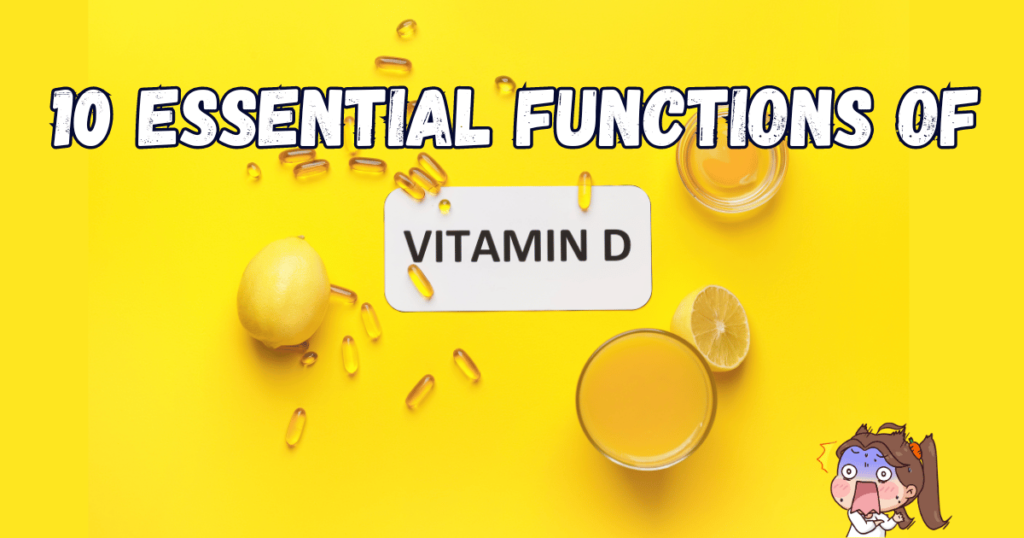
How Antioxidants Can Support Your Immune System, In a world filled with environmental pollutants, stressors, and processed foods, our immune systems often face an uphill battle. Enter antioxidants – the unsung heroes of our body’s defense mechanisms. While we often associate antioxidants with fruits and vegetables, supplementing with them can provide an extra layer of protection. In this article, we’ll delve into the world of antioxidant supplements and explore how they can bolster your immune system.
The Antioxidant Arsenal
Antioxidants are compounds that neutralize harmful molecules called free radicals. These free radicals are byproducts of normal bodily processes and can wreak havoc on our cells if left unchecked. Antioxidants swoop in, providing an extra electron to stabilize these rogue molecules, preventing damage and supporting overall cellular health.
Antioxidant Supplements and Immune Health
- Reducing Oxidative Stress: Our immune system is not immune to oxidative stress. When our bodies are bombarded by toxins, pollution, and stress, free radical production skyrockets. Antioxidant supplements act as reinforcements, helping to reduce the oxidative load on our immune cells.
- Boosting Immune Cell Function: Antioxidants play a vital role in supporting the function of immune cells. For instance, vitamin C helps stimulate the production and function of white blood cells, which are the foot soldiers of our immune system.
- Enhancing Antimicrobial Activity: Some antioxidants, like vitamin E, have been shown to enhance the body’s ability to fend off harmful pathogens. They work in synergy with the immune system to create an inhospitable environment for invading microorganisms.
- Balancing Inflammation: Inflammation is a double-edged sword. While it’s a crucial part of the immune response, chronic inflammation can lead to a host of health problems. Antioxidants help regulate the inflammatory response, ensuring it’s effective without becoming excessive.
- Supporting Immune Memory: Antioxidants have been shown to enhance the development of immune memory. This means that after an initial exposure to a pathogen, the immune system can remember it, leading to a faster and more efficient response upon future encounters.
Types of Antioxidant Supplements
- Antioxidant supplements are widely used to help combat oxidative stress in the body, which is linked to various chronic diseases and aging. These supplements contain substances that can neutralize free radicals, molecules that can harm cells. Here are some of the common types of antioxidant supplements:
- Vitamin C (Ascorbic Acid): Vitamin C is a water-soluble vitamin that acts as a powerful antioxidant. It helps to protect cells from damage caused by free radicals and is also essential for the production of collagen, wound healing, and the absorption of iron from plant-based foods.
- Vitamin E (Tocopherol): Vitamin E is a fat-soluble vitamin that plays a crucial role in protecting cell membranes from oxidative damage. It’s found in various foods, including vegetable oils, nuts, and seeds.
- Beta-Carotene: Beta-carotene is a precursor to vitamin A (retinol) and is found in colorful fruits and vegetables. It’s known for its antioxidant properties and its role in maintaining healthy vision and skin.
- Selenium: Selenium is a trace mineral that is essential for the proper functioning of the body’s antioxidant system. It works in conjunction with other antioxidants to protect cells from damage.
- Coenzyme Q10 (CoQ10): CoQ10 is a compound that helps generate energy in cells and also serves as an antioxidant. It’s particularly beneficial for heart health and has been used in the treatment of various health conditions.
- Lutein and Zeaxanthin: These antioxidants are known for their role in eye health. They are found in high concentrations in the macula of the eye, where they protect against oxidative damage that can lead to age-related macular degeneration.
- Flavonoids: These are a large group of plant-based antioxidants found in many fruits, vegetables, teas, and wines. Some well-known flavonoids include quercetin, kaempferol, catechins, and anthocyanins.
- Polyphenols: Found in foods like green tea, red wine, and dark chocolate, polyphenols have a range of antioxidant properties and are studied for their potential health benefits in various chronic conditions.
- Glutathione: Often referred to as the “master antioxidant,” glutathione is a molecule produced naturally in the body. It plays a key role in reducing oxidative stress and supporting the immune system.
- Alpha-Lipoic Acid: This is both a water and fat-soluble antioxidant, making it versatile in protecting against free radicals throughout the body. It’s also involved in energy metabolism.
Considerations and Cautions
- Balanced Diet: A balanced diet rich in fruits, vegetables, whole grains, nuts, and seeds is generally the best way to obtain antioxidants. Supplements can help fill gaps but should not replace a healthy diet.
- Dosage and Safety: It’s important to follow recommended dosages, as excessive intake of some antioxidants can be harmful. For example, high doses of vitamin E may increase the risk of bleeding.
- Interactions: Antioxidant supplements can interact with certain medications. It’s always advisable to consult with a healthcare provider before starting any new supplement regimen.
- Efficacy: The effectiveness of antioxidant supplements in preventing diseases has been a subject of debate. While they can help reduce oxidative stress, their impact on long-term health outcomes is not fully established and varies among individuals.
Conclusion
Antioxidant supplements are powerful allies in the quest for a robust immune system. While they should not replace a balanced diet rich in fruits and vegetables, they can provide an extra layer of protection in our modern world. However, it’s important to approach supplementation with caution, ensuring that it complements a healthy lifestyle rather than substitutes for it. As always, consult with a healthcare provider or registered dietitian before starting any new supplement regimen. With the right approach, antioxidants can become a cornerstone of your immune health arsenal.
How Antioxidants Can Support Your Immune System
check this out :Top 10 Worst Breakfast Foods to Avoid in the Morning for a Healthy Start



